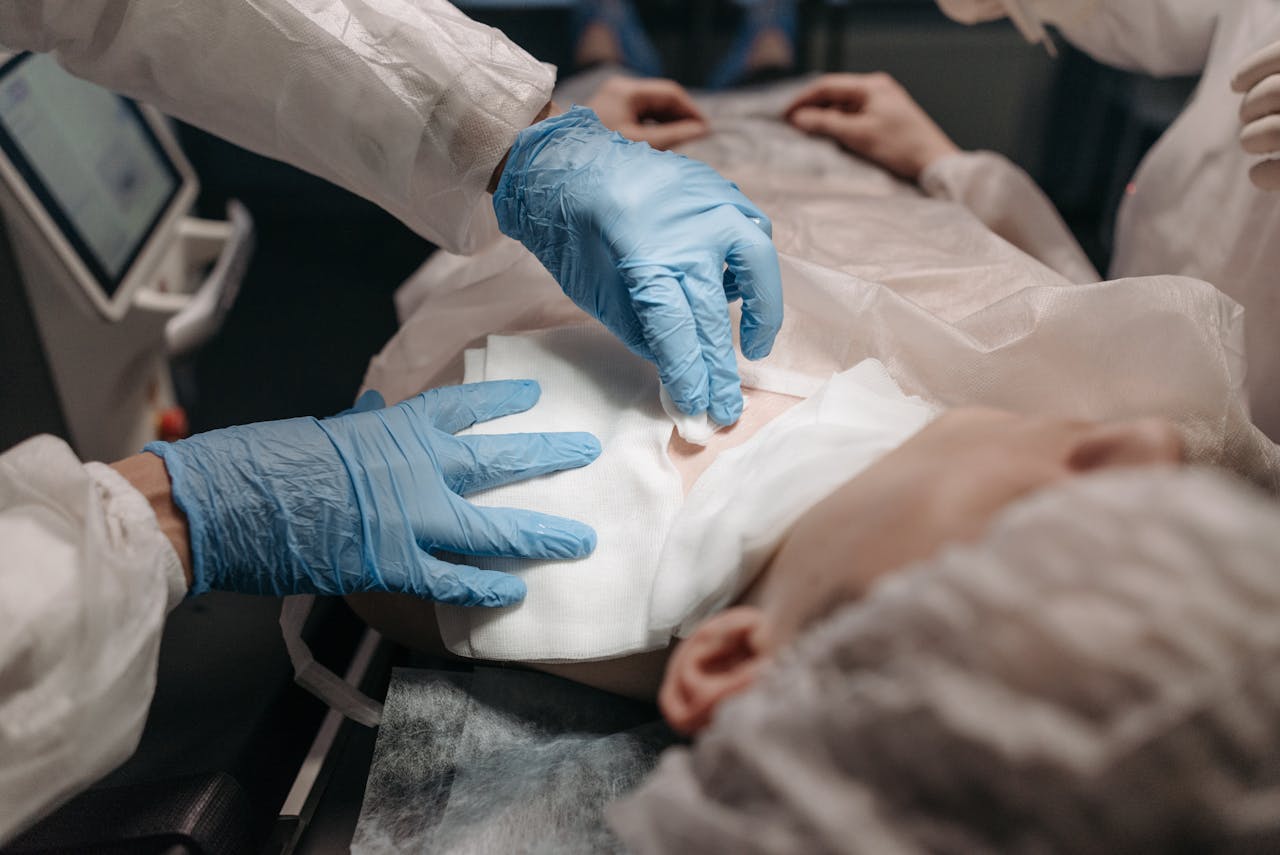General surgeons are highly skilled medical professionals who diagnose and treat a wide range of conditions through surgical procedures. Becoming a general surgeon requires years of education, intensive clinical training, and a commitment to lifelong learning.
If you aspire to pursue this challenging yet rewarding career, the journey often begins with a strong academic foundation at an established medical school. This path has led many to distinguished achievements in the field, such as the five surgeons honoured for their volunteerism and humanitarian work in 2024.
Step 1: Complete Your Pre-University Studies
Before you can study medicine, you must complete a pre-university programme, such as A-Levels, IB, or a foundation in science. These programmes provide the essential knowledge in biology, chemistry, and physics required for medical school admission.
Choosing a foundation in science is a popular option among students who want a direct pathway into reputable medical universities.
Step 2: Earn a Medical Degree
The next step is obtaining an internationally recognised medical degree in Malaysia. Medical school typically takes five years and includes pre-clinical and clinical training phases.
Students cover subjects such as anatomy, physiology, pathology, and pharmacology before moving on to hospital-based clinical rotations.
Step 3: Complete Housemanship (Internship)
After earning your medical degree, you must complete a housemanship or internship. In Malaysia, this typically lasts two years and allows you to work under supervision across various medical specialities, including general surgery.
This period is critical to develop basic clinical skills, understand patient care management, and build experience in surgical settings.
Step 4: Pursue Specialised Surgical Training
Following housemanship, aspiring surgeons must enrol in a recognised surgical training programme. In Malaysia, you can pursue a Master’s in Surgery (MS) or equivalent postgraduate qualifications.
Specialised training focuses on building competencies in areas such as:
- Abdominal surgery
- Breast surgery
- Trauma surgery
- Endocrine surgery
- Skin and soft tissue surgery
Clinical rotations, surgical skills workshops, and hands-on experience are also vital for advancing your career and expanding your skillset.
Step 5: Obtain Board Certification
After completing surgical training, candidates must pass qualifying examinations to become certified general surgeons. Board certification validates your competency and eligibility to practice independently.
In Malaysia, certification is granted by recognised medical boards and universities. This final step ensures that surgeons meet the high standards of knowledge, ethics, and surgical skills.
Step 6: Begin Your Career as a General Surgeon
Certified surgeons can begin their careers in various settings, including:
- Public and private hospitals
- Surgical centres
- Military healthcare services
- International health organisations
Many general surgeons continue to specialise further or pursue academic roles in teaching hospitals and universities.

Key Skills Needed to Become a Successful General Surgeon
Developing these skills during medical school and clinical rotations is essential for success.
- Technical Proficiency: Skilled use of surgical instruments and techniques.
- Decision-Making Ability: Making quick, sound judgments during operations.
- Stamina and Endurance: Performing surgeries that can last several hours.
- Attention to Detail: Ensuring precision in every procedure.
- Communication Skills: Explaining procedures and recovery plans to patients and families.
Career Opportunities for General Surgeons
General surgeons have diverse career options, such as:
- Trauma and Emergency Surgery
- Oncologic Surgery
- Gastrointestinal Surgery
- Vascular Surgery
- Academic Research and Teaching
Some may also explore international opportunities, contributing to global health missions and surgical education programmes.
Final Thoughts About Becoming a General Surgeon
Becoming a general surgeon is a long but fulfilling journey that requires dedication, perseverance, and passion for healthcare. Starting with a strong foundation in science and earning a medical degree opens the door to an exciting career filled with opportunities to change lives.
For those who are committed to excellence, general surgery offers endless possibilities for growth and contributions to society.
FAQs About Becoming a General Surgeon
1. How long does it take to become a general surgeon?
It typically takes around 10 to 12 years, including pre-university studies, medical school, housemanship, and specialised surgical training.
2. What is the best degree to become a general surgeon?
A degree in medicine is essential to pursue surgical training and become a general surgeon.
3. Is surgery a good career?
Yes, surgery is a highly respected and rewarding career that offers excellent job satisfaction, competitive salaries, and opportunities for professional growth.
4. Can I study surgery at a medical university in Malaysia?
Yes, enrolling in an established medical school such as RUMC provides excellent training and preparation for a career in surgery.





